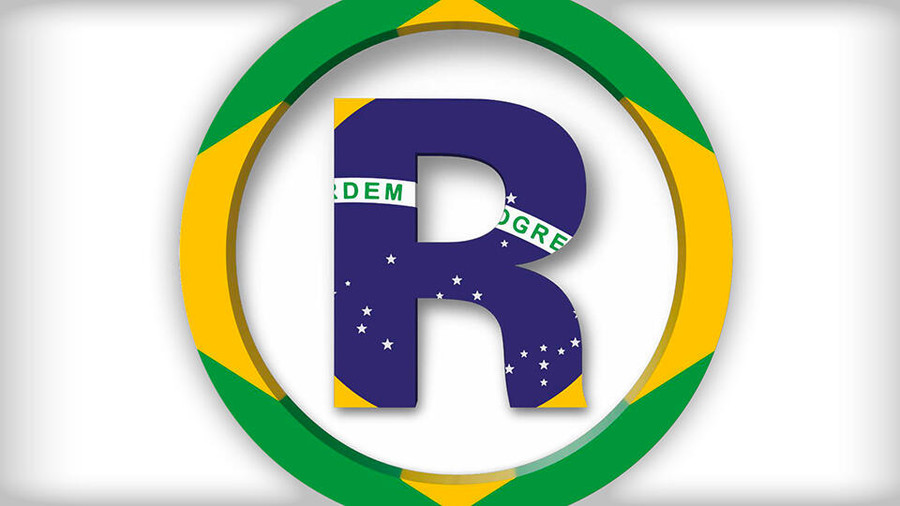Although you might not think often about protecting your trademark rights in Brazil, you need to — even if you don’t yet have a single Brazilian customer.
Scammers are constantly looking for ways to profit off of the work of others. Anyone with a computer and a little bit of know-how can start skimming your customers. Even worse, with just a little effort, they can dive in and steal an entire international market from you.
Scammers are constantly looking for ways to profit off of the work of others.
Pinterest learned this the hard way. It neglected getting its trademark registered in the U.K., so some enterprising company filed for it instead. In the end, Pinterest tried to seize it back, but it lost.
An unknown company was first in line to register the “Pinterest” trademark, so Pinterest was left with the option of not having trademark rights in the U.K., or buying those rights from a company that looks like it was created solely for no other reason than blocking Pinterest from exercising its rights there.
On the adult side, a similar scam artist ran out and registered the world-famous XVideos trademark in Spain, before XVideos.com had an opportunity to do so. Fortunately, when that came to a legal head, XVideos prevailed (disclosure: Randazza Legal Group represented XVideos in that matter).
What makes you think this can’t happen to your brand?
Fortunately, there is a really easy way to get global protection — the Madrid System. Under this system, trademarks registered in any signatory country are easily recognized in all other member countries. There is a simple process where you can rely on your existing rights in any member country to export it to any other member country. This process is extremely cheap, simple, and fast.
Nevertheless, many brands fail to take advantage of it. If you have an existing trademark, you should consult with a trademark attorney immediately to internationalize your brand as far and wide as possible.
So, can’t you just do that in Brazil?
Unfortunately not, Brazil is not yet a member of the Madrid system.
In monitoring these issues globally, I have noticed that Brazil is a hot spot for this “trademark squatting” scheme. The crooks run out, register an already-used trademark from another country, and just wait for them to notice. By then, the price to fix the problem is quite dear.
The honest business only notices once it tries to enter the Brazilian market. Then, they see that they have three choices — forget about Brazil, pay ransom to buy their own trademark back, or file a court case in Brazil. All of these choices are expensive.
Brazil is a huge and growing economy. Would you want to just write it off? The ransom? That is a little cheaper, but it could still cost five to six figures. A court case in Brazil? Brazilian lawyers are no less expensive than their American counterparts. But, the Brazilian court system is much slower and much less predictable than the U.S. system. You could wind up tied up for years with no satisfaction.
The good news? Brazil is joining the Madrid System in 2018! So, should you just wait until then to get protected there? Absolutely not!
Even if Brazil joins on schedule, do you feel comfortable waiting two years to protect your brand in the eighth largest economy in the world? Do you think that enterprising scam artists don’t know that they only have two years in which to jump on your brand?
Given the latest announcement, I predict a “land rush” of fraudulent Brazilian registrations before you have a chance to protect your brand.
It is more important than ever to protect your brand in Brazil now. Getting a trademark application on file there now is relatively cheap, and will save you from immense losses or huge ransoms in the future.
Randazza Legal Group and its managing partner, Marc J. Randazza, have significant experience in global brand protection. Randazza has an international law degree in Intellectual Property studies, and Randazza Legal Group has significant relationships with a number of firms globally, to help protect your brand. You can reach RLG through its website, Randazza.com.








